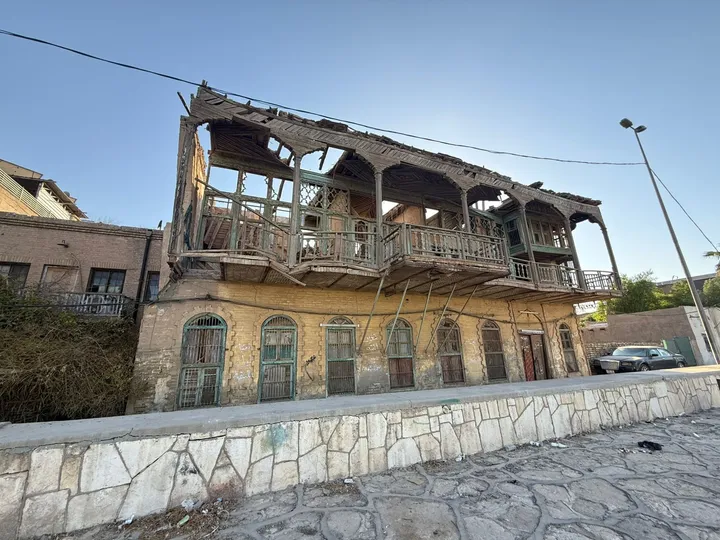Turkey’s Foreign Ministry has praised UNESCO for adding the traditional strategic game Mangala to the Representative List of Intangible Cultural Heritage of Humanity.
"Our multinational nomination file of 'Traditional intelligence and strategy game: Togyzqumalaq, Toguz Korgool, Mangala/Gocurme' submitted with Kazakhstan and Kyrgyzstan, has been inscribed on the UNESCO Representative List of Intangible Cultural Heritage of Humanity, during the 15th Session of Intergovernmental Committee for the Safeguarding of the Intangible Cultural Heritage which is being held online between 14-19 December 2020," the ministry said in a written statement.
With this inscription, the number of Turkey's cultural elements inscribed on the Lists of Intangible Cultural Heritage has reached 20, it added.
The ministry also said Turkey “will continue to promote and to preserve" the country's cultural heritage.
Art of Miniature, an art form of the medieval period that realistically portrayed events while adhering to the traditional rules of Islamic art, as Islam bans figuration, was also added to the UNESCO list on Wednesday.
READ MORE:Turkey's bazaar added to temporary UNESCO Heritage list
Roots in Turkic regions
Mangala is a Turkish intelligence and strategy board game that is usually played by two persons or in groups.
With a history of five centuries in Turkic regions, "mangala" (or mancala) is still popular in small Turkish towns. The board game is played with 48 stones and two people - or in groups. On a game board, there are six identical pits arranged in two rows, which together make up 12 pits and there are big storage wells - storages, in which players will collect stones.
The strategy game has also different variations in some African countries.
Some studies have shown that ‘Mangala’-like games can be found from Africa to Asia, and has even been found on some Pacific islands. More than 800 types of traditional ‘Mangala’-like games are known. Many of these games share commonalities in general game play.
According to the rules set by World Nomad Games, the game begins with a drawing of lots. Players distribute all 48 stones in 12 pits that each pit has four stones. Storage wells remain empty. Six small pits lying in front of each player is the area of that player. Six pits lying in front of him is the area of his opponent. The player's aim is to collect as much stones as they can in their storage wells. The one who has the most number of stones at the end of the game is the winner.
The game which had been played especially in palaces, inns, and courtyards of mosques during the Ottoman period, is considered a tool for socialisation and culture sharing, according to the Turkish Culture and Tourism Ministry.
























